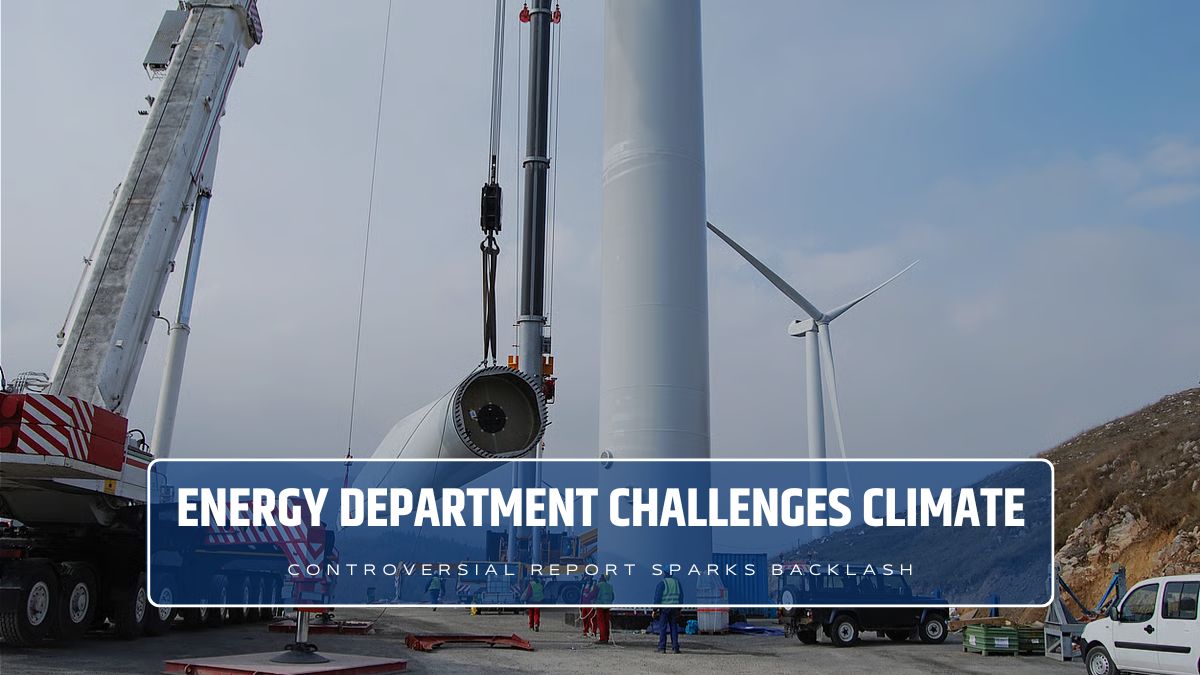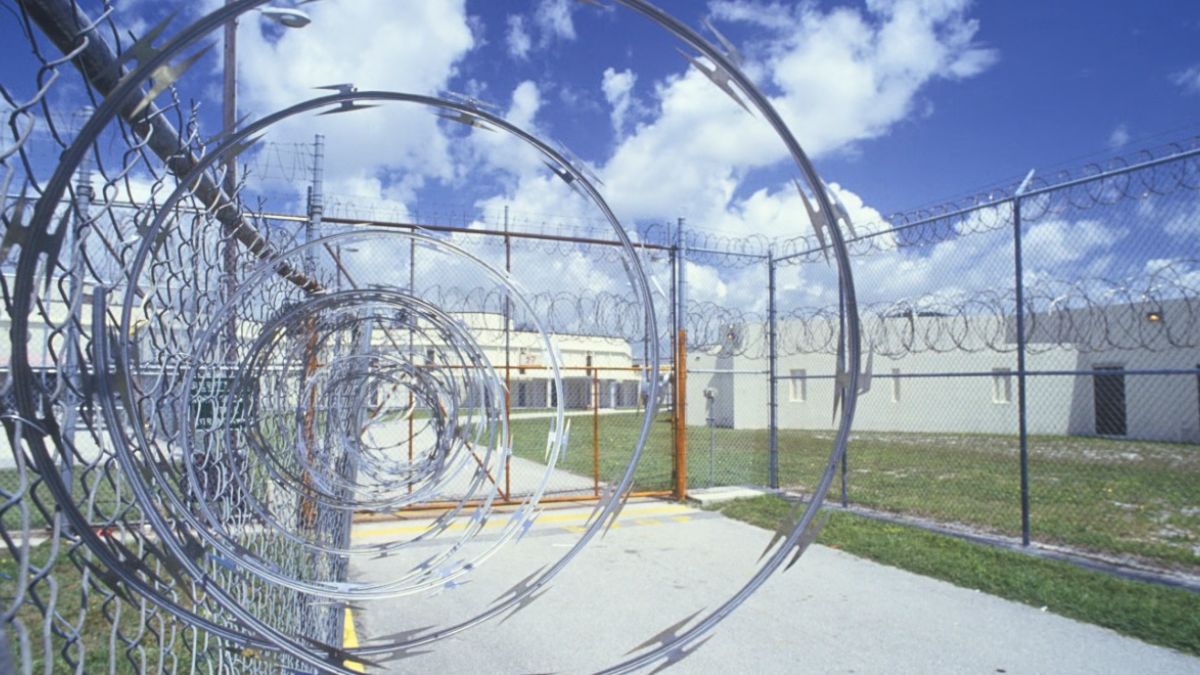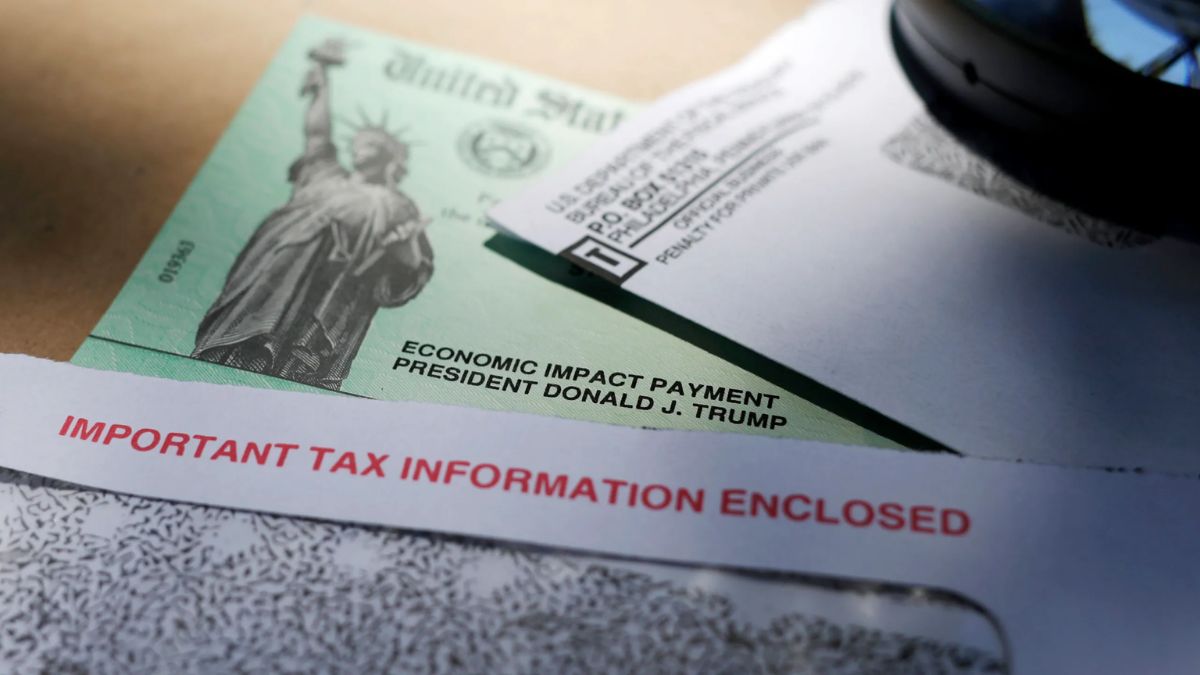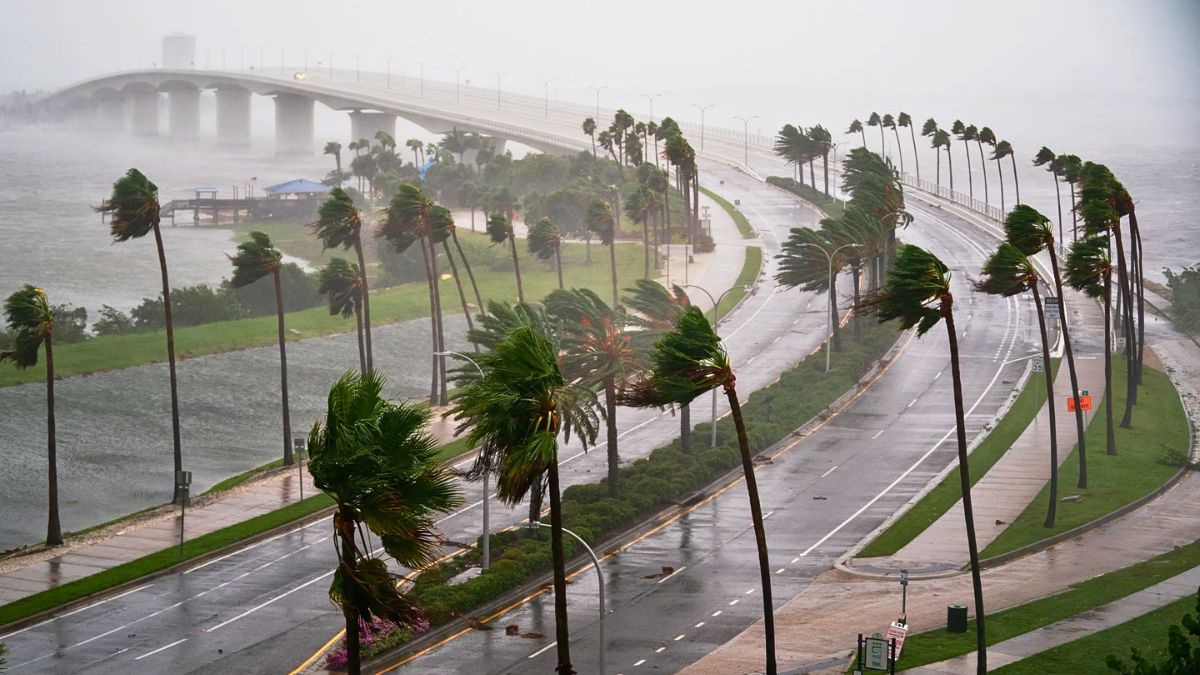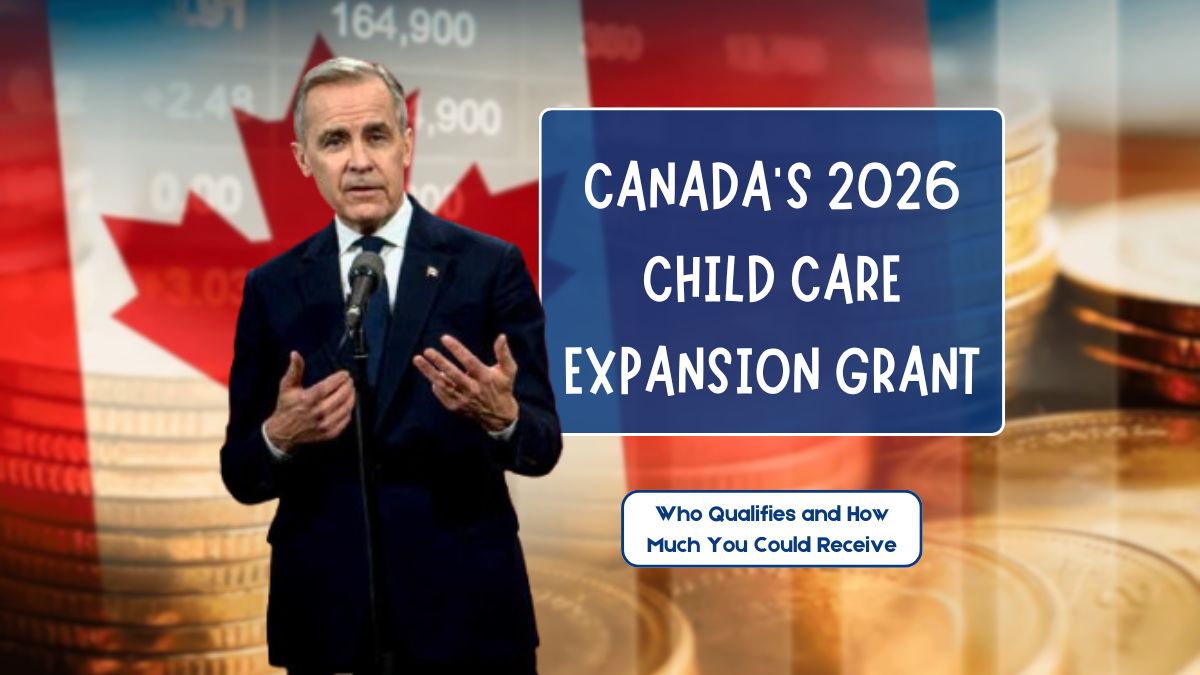President Trump’s second term continues to generate controversy, especially regarding climate policies. The recent Energy Department report exemplifies the administration’s active challenge against established climate science. This report disputes mainstream scientific perspectives, arguing that climate concerns are exaggerated and that warming could yield positive outcomes.
Controversy
The Energy Department’s newly published document, titled “A Critical Review of Impacts of Greenhouse Gas Emissions on the U.S. Climate,” offers a provocative stance. It includes arguments routinely employed by climate skeptics. Among them: sea-level rise isn’t accelerating, increased CO₂ boosts plant growth, and computer climate models exaggerate warming scenarios.
The inclusion of these positions has raised red flags among climate experts, who accuse the report of cherry-picking data and misrepresenting widely-accepted climate research.
Authors
The report, compiled by five notable skeptics of mainstream climate science, reflects a deliberate selection of authors whose views diverge sharply from scientific consensus. Key figures behind this document include physicist Steven E. Koonin, atmospheric scientist John Christy, and climatologist Judith Curry, all known for their critical stances on mainstream climate science.
| Author | Profession | Climate Viewpoint |
|---|---|---|
| Steven Koonin | Physicist | Climate science unsettled |
| John Christy | Atmospheric Scientist | Human-caused warming overstated |
| Judith Curry | Climatologist | Climate alarmism exaggerated |
Deregulation
The timing and content of this report are strategic, aligning directly with the administration’s deregulatory goals. The Environmental Protection Agency (EPA) has already cited this Energy Department document to justify repealing the 2009 “endangerment finding.”
This Obama-era decision provided legal authority to regulate greenhouse gas emissions, underpinning critical environmental safeguards. Reversing it means significant deregulation, removing essential mechanisms to control industrial pollution.
Misrepresentation
Climate scientists are criticizing the report for misrepresenting scientific data. Zeke Hausfather, a recognized climate scientist at Berkeley Earth, describes the document as a “scattershot collection of oft-debunked skeptic claims,” far from mainstream science. The report’s claims selectively emphasize isolated findings while overlooking comprehensive research evidence.
For instance, the report highlights rising CO₂ levels as beneficial for plants and agriculture, ignoring recent peer-reviewed studies demonstrating that extreme heat from global warming negatively impacts crop yields, particularly staples like wheat, corn, and rice.
Sea-level
One contentious claim involves sea-level rise. The authors assert there’s no acceleration in sea-level rise according to tide gauge data. However, satellite measurements spanning over three decades confirm accelerating global sea-level rise. Experts argue the report intentionally selects certain tide gauges to fit a predetermined narrative, ignoring broader, established evidence.
Process
The methodology behind the Energy Department’s document raises additional concerns. Unlike standard practice for governmental climate assessments—which typically involve hundreds of experts, extensive research, and meticulous peer-review—this report was produced rapidly. The small team began work in early April and finished by May 28, indicating insufficient time for comprehensive analysis. Even authors acknowledge this rapid timeline limited their review scope.
Responses
Responses to the document vary. Some argue promoting diverse views in climate discussions is beneficial, suggesting debate helps clarify scientific uncertainties. Roger Pielke Jr., a senior fellow at the American Enterprise Institute, supports the idea of robust scientific discourse and finds merit in some of the report’s observations, particularly those regarding overly pessimistic scenarios.
However, most climate experts fear this document’s intent is not scientific debate but rather political support for deregulation. Dave White, director of the Global Institute of Sustainability at Arizona State University, labels the report as part of a “coordinated, full-scale attack on the science.”
The controversial Energy Department report underscores the tension between political objectives and scientific consensus. As Trump’s administration moves aggressively against climate regulations, the potential impacts on public health, environment, and global climate commitments become critical concerns. Genuine scientific inquiry requires transparent, rigorous, and inclusive processes, not rapid, ideologically-driven exercises.
FAQs
Who wrote the controversial climate report?
Five climate-change skeptic scientists wrote it.
Does the report deny global warming?
No, but it disputes the severity of impacts.
What does the report say about sea levels?
It claims sea-level rise is not accelerating.
Was the report peer-reviewed?
No, it lacked standard scientific peer review.
How will the report affect EPA rules?
EPA uses it to justify deregulation moves.

